On December 16-17, 2023, Beijing Language and Culture University successfully held the "Bridging East and West:Cutting-Edge Perspectives in Language and Cognitive Science Forum (first phase)" with the theme of "Bilingual Brain and Cognitive Neuroscience." This forum was organized by Center for the Cognitive Science of Language(CCSL) at Beijing Language and Culture University(BLCU), attracting active participation from numerous domestic and international universities.
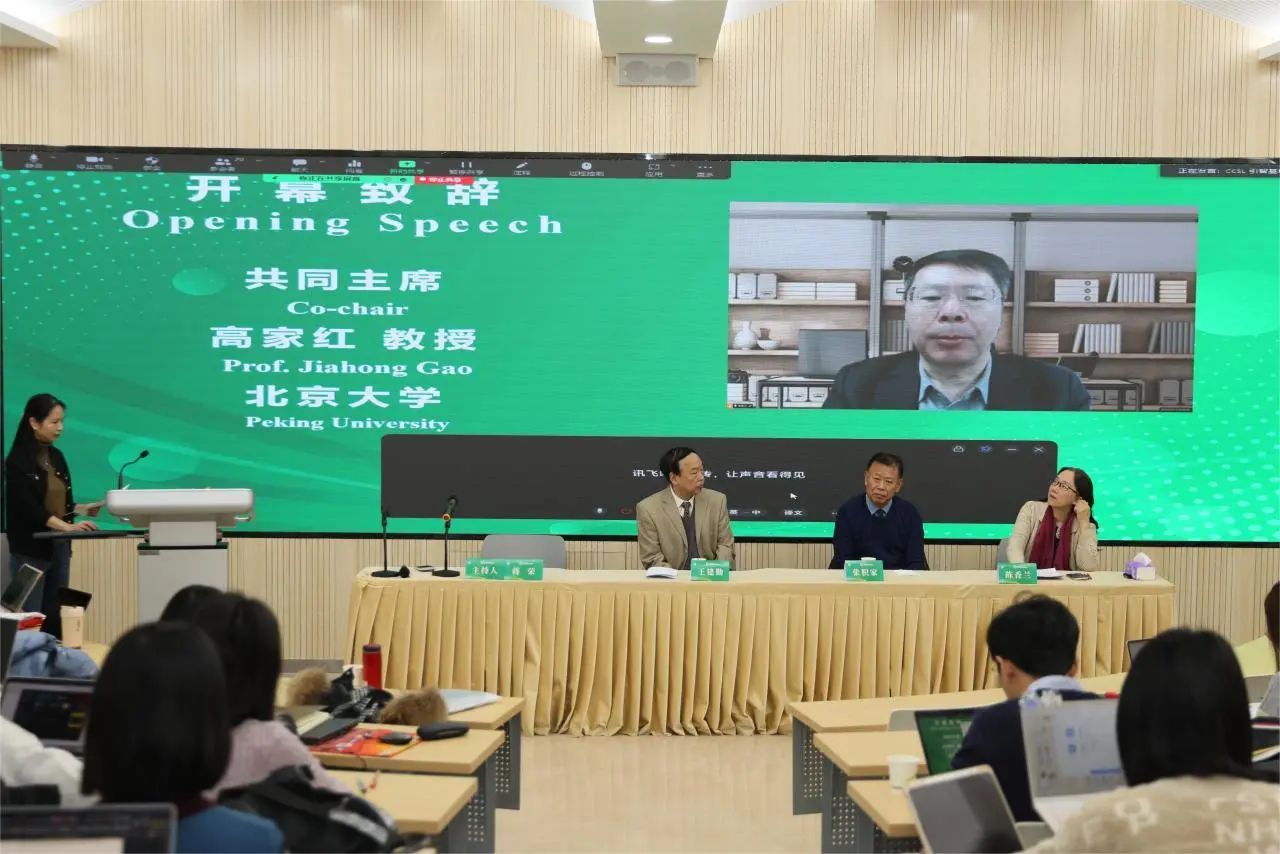
Professor Wang Jianqin, the director of CCSL at BLCU, delivered a speech at the opening ceremony. He extended a warm welcome to the domestic and international experts, guests, and representatives in attendance, emphasizing the cutting-edge nature and development potential of language cognitive science research. Professor Marcus Taft, the chair of this forum and a specially appointed professor of CCSL, and Professor Gao Jiahong from Peking University, the co-chair, also delivered speeches online, congratulating the successful convening of the forum. The opening ceremony was presided over by Associate Professor Jiang Rong, the deputy director of CCSL.

The forum invited twelve renowned experts from China and abroad to give presentations. On the first day of the forum, Professor Michael Ullman from Georgetown University presented on "The Cognitive Neuroscience of Aging," exploring the cognitive functional changes and their neural mechanisms during aging, providing theoretical and practical guidance for coping with aging.

Professor James Booth from Vanderbilt University shared research findings on the neural basis of language development, revealing the neural pathways involved in children's speech, semantics, and syntax, deepening the understanding of language acquisition.
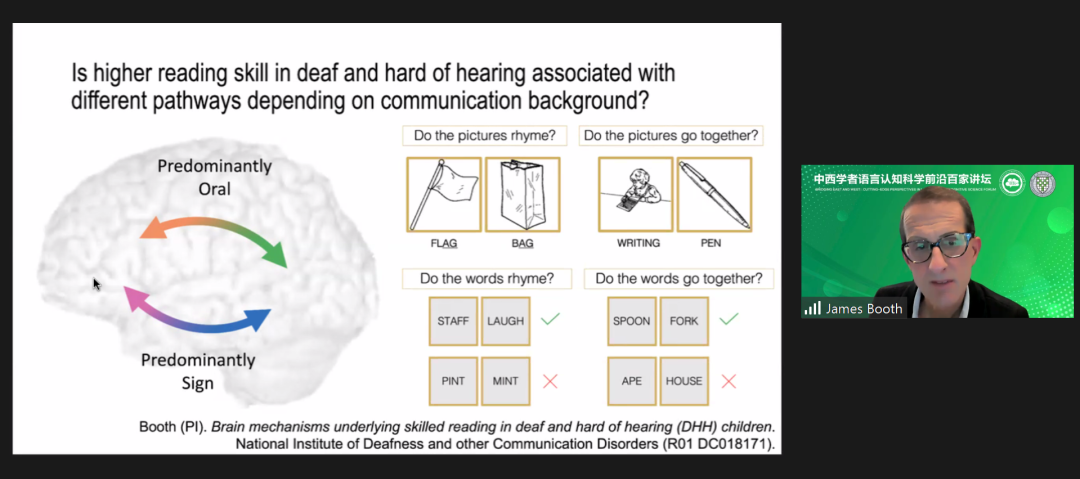
Professor Zhang Jijia from Renmin University of China discussed the impact of language and culture on cognition and personality in his presentation, titled "From Whorf Hypothesis to Malinowski's Functional Cultural Theory." He introduced the revised results of his team and proposed new theories on language association and functional cultural theory.
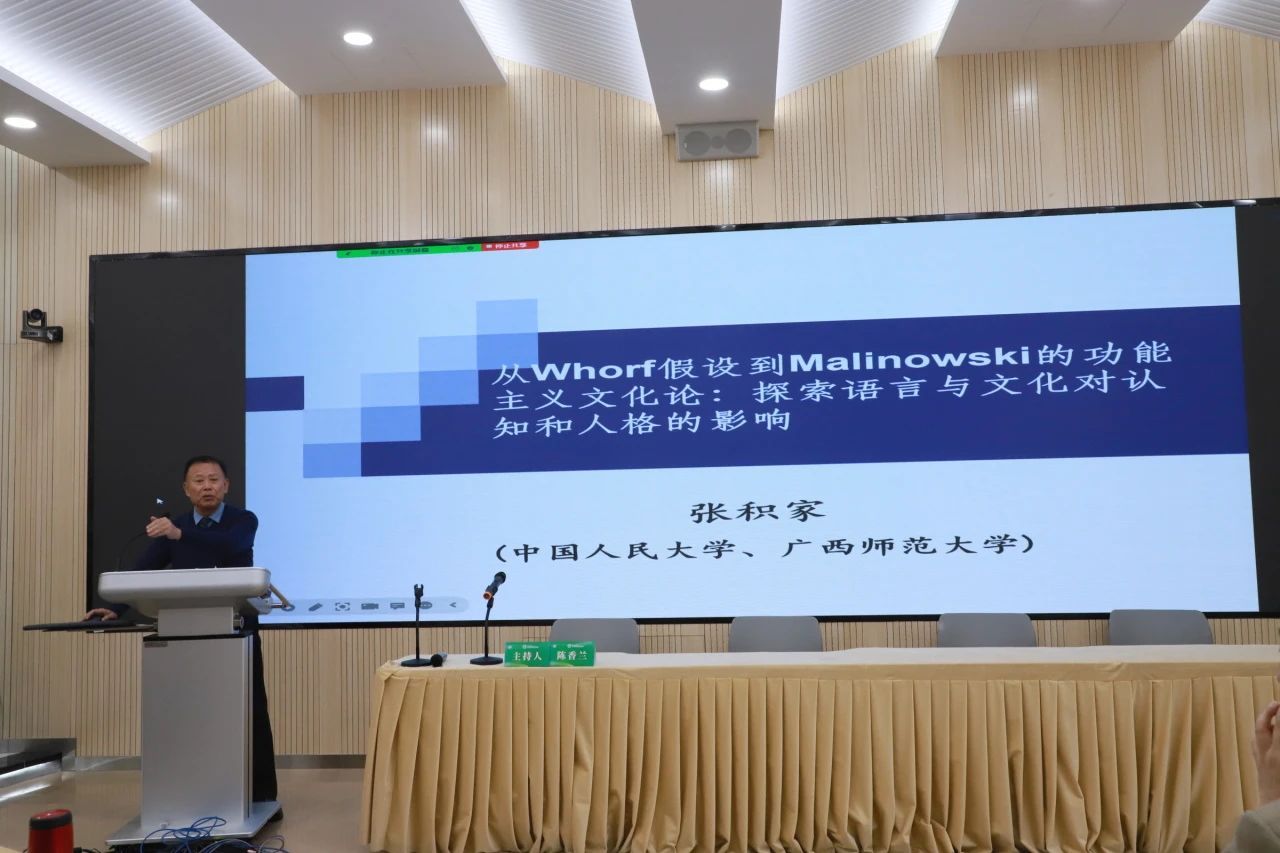
Professor Erik Reichle from Macquarie University in Australia presented on "Modeling Eye Movements during the reading of English vs. Chinese," emphasizing the importance of different eye movement patterns in language teaching and cross-cultural communication.
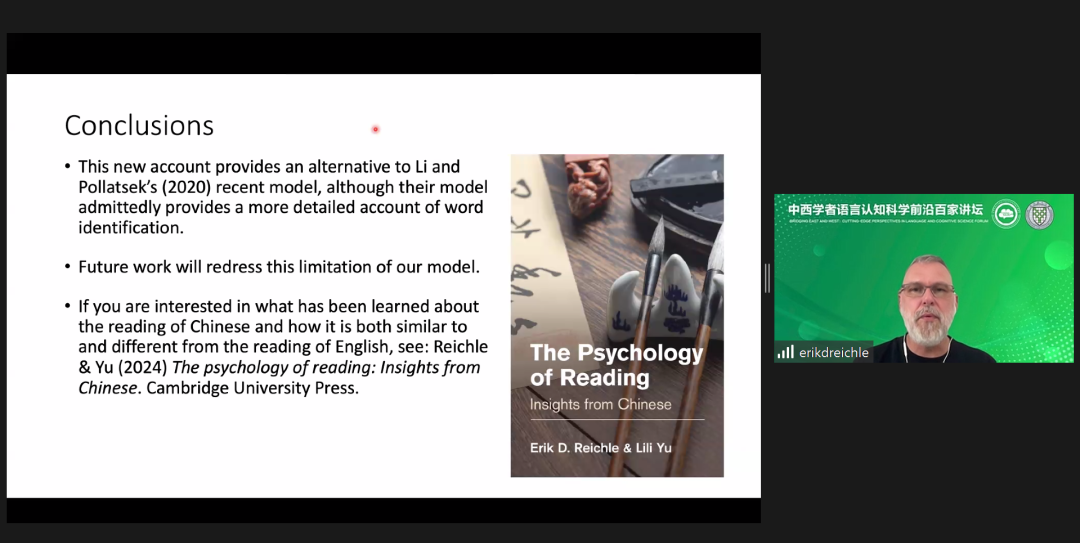
Professor Ding Guosheng from Beijing Normal University reported on the neural mechanisms of second language processing, extending from basic brain activation to the more complex dynamic brain network, providing profound insights into second language research.
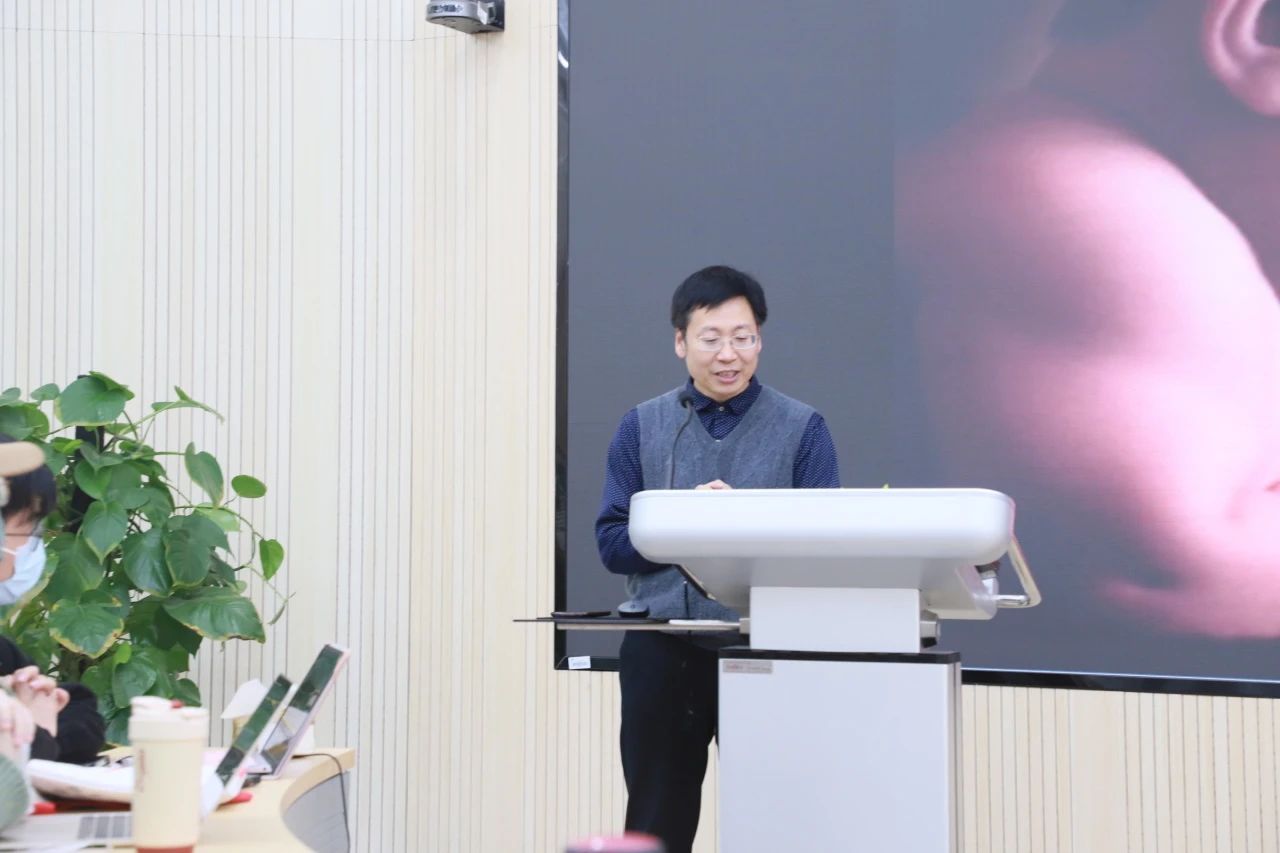
Professor Jiang Minghu from Tsinghua University summarized the progress in collaborative research on artificial intelligence and language cognition, emphasizing the role of comprehensive knowledge of language cognitive science in promoting cognitive science development.
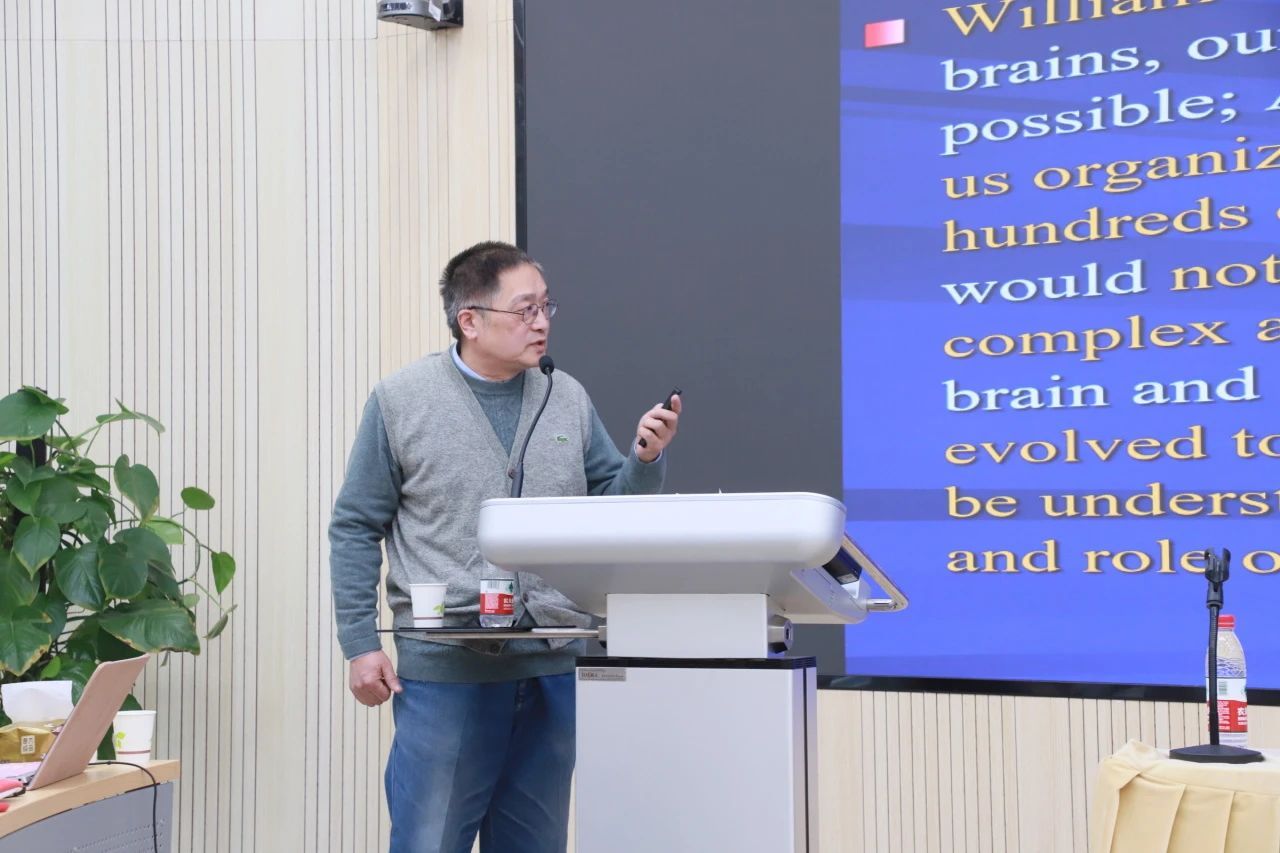
The second day of the forum began with presentations by Professor He Yong and Professor Luo Yuejia from Beijing Normal University.
Professor He Yong shared the latest progress in human connectome development mapping and computational models, providing in-depth analysis from two aspects: "Lifespan Human Connectome Development Mapping" and "Constraints on Brain Cortical and Metabolic Development by Structural Connectomes."
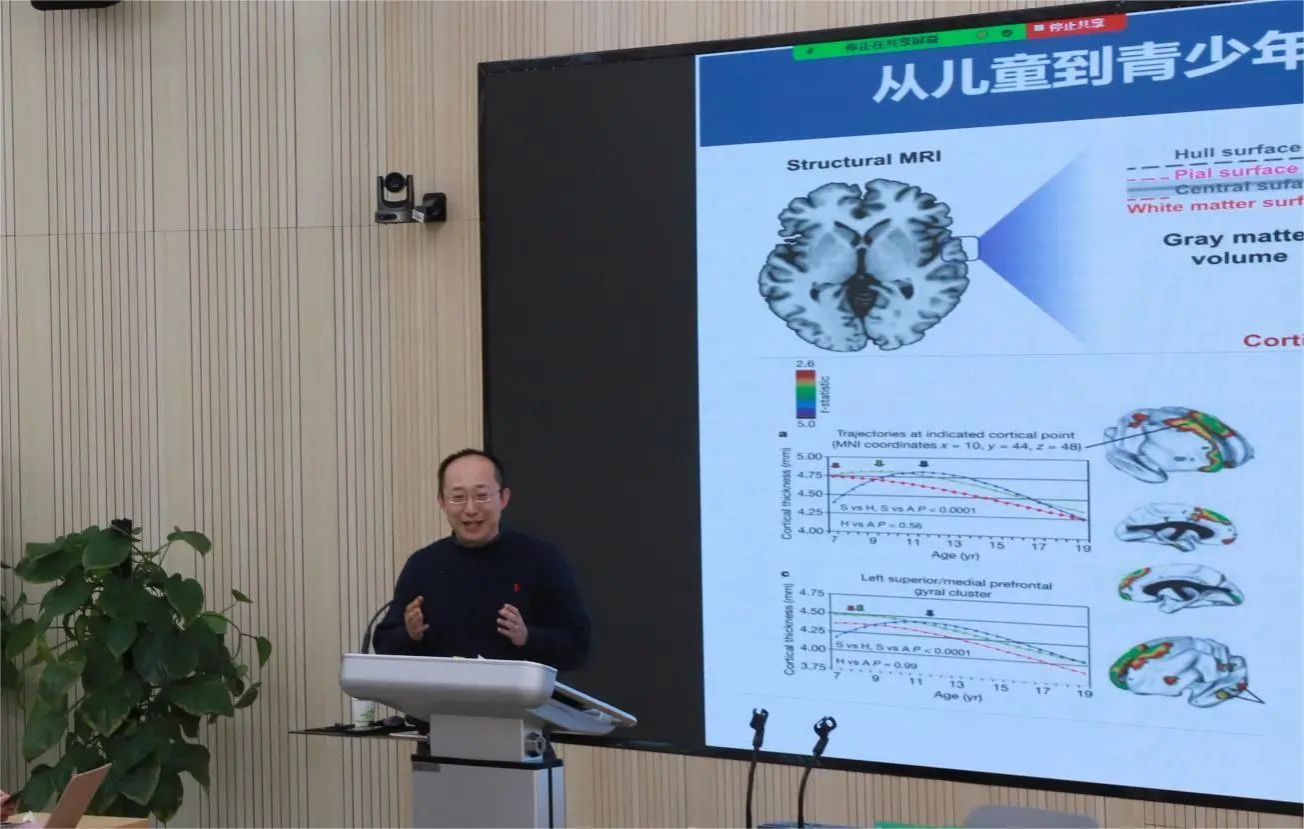
Professor Luo Yuejia presented on "Cognitive Neuroscience Research on Emotion and Memory," introducing the brain anatomical structures and mechanisms related to emotion and memory, and discussing the impact of negative emotions on memory processing through various neuroimaging research findings.
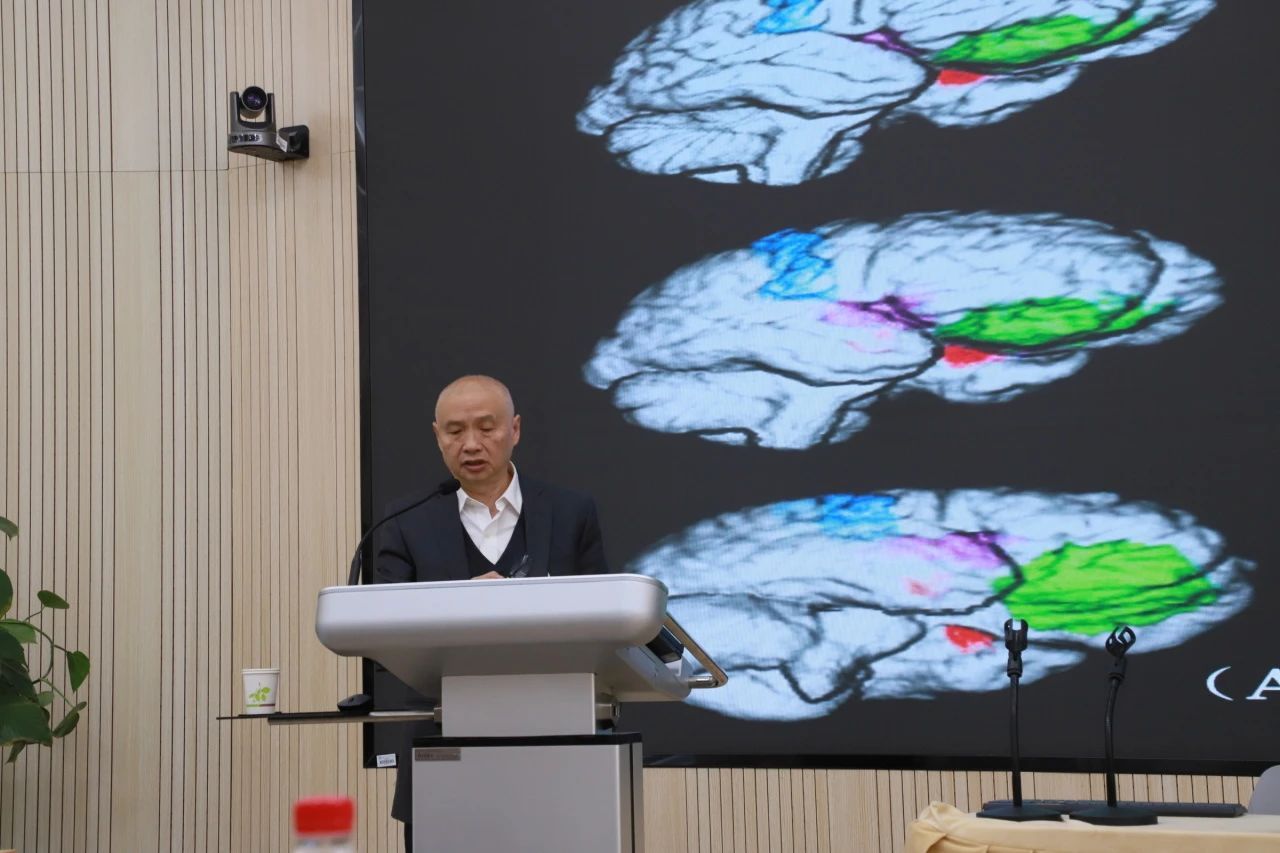
Professor Bai Xuejun from Tianjin Normal University focused on "The Role of Spaces in Chinese Reading Comprehension: Evidence from Eye-Tracking." Through a series of eye-tracking experiments, he systematically introduced the influence of spaces on Chinese reading and Chinese vocabulary learning, delving into the three fundamental questions involved in the reading process: "What," "When," and "Where." The research subjects included native speakers and second language learners.

Professor Pedro Paz-Alonso from the Basque Center for Cognition, Brain, and Language in Spain presented on "Involvement of the Human Thalamus in Language and Cognitive Function." He presented the work that his research group has conducted to help participants understand the involvement of thalamocortical interactions in language and cognitive function, and pointed out future research directions.
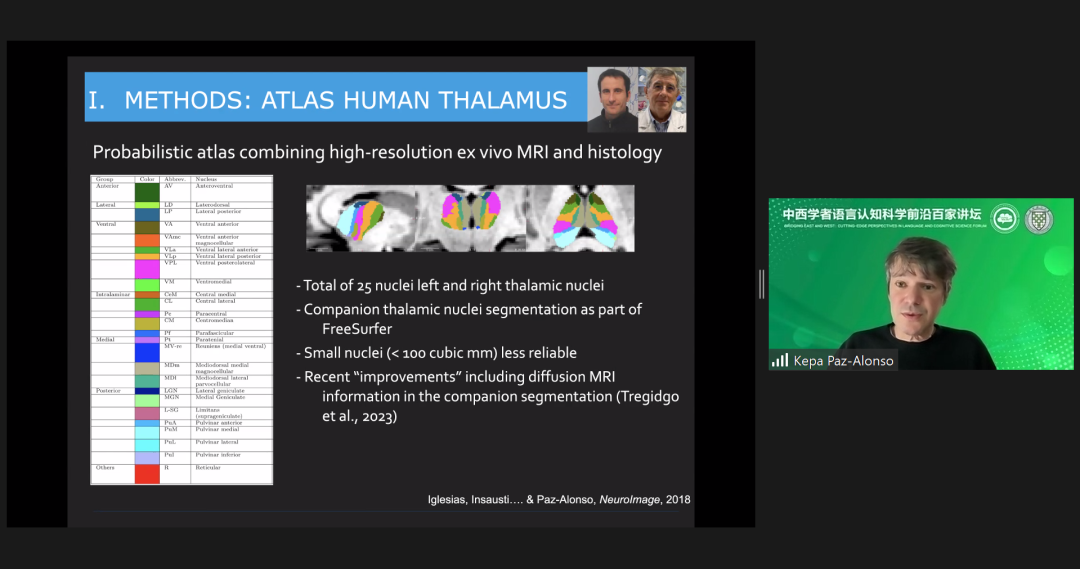
Professor Nick Chater from the University of Warwick in the UK delivered a presentation titled "A Social Contracts in Miniature: Virtual Contracts and Joint Action, Meaning, and Cultural Foundations Theory." He focused on the flexibility of interpersonal joint action, how symbols acquire meaning, why society operates normally without collapsing, and the origin of social contracts. He provided profound insights into the role of virtual contracts in cognition and social development.
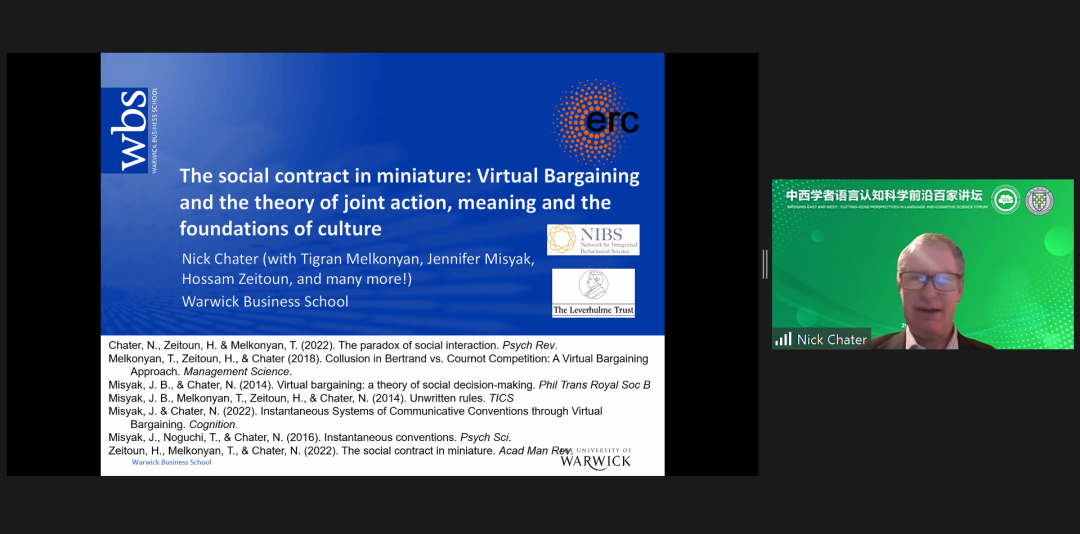
Professor Peter Hagoort fromthe Max Planck Institute for Psycholinguisticsin the Netherlands gave a presentation titled "Language Does Not Exist." In his presentation, he emphasized the diversity and universality of language. Although the title seemed intriguing, Professor Hagoort first emphasized the existence of language and pointed out that language is complex and rich at various levels and modalities. He proposed that language is a product of the interaction between biology and culture, constrained by brain structure and cultural practices.
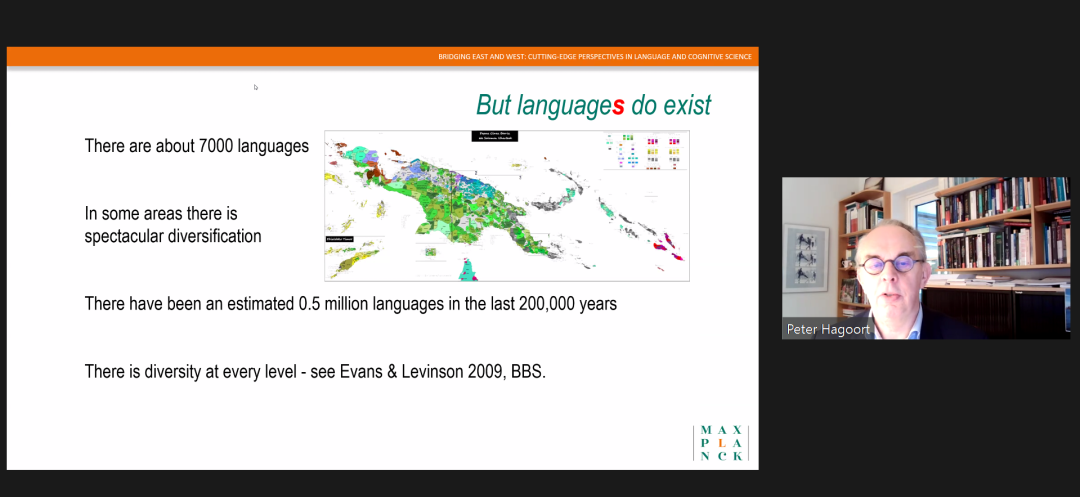
This phase of the lecture series has made significant contributions to the research and exchange of cognitive neuroscience. The brilliant presentations by the experts and the lively interactions among participants not only expanded the academic horizons of students and teachers but also laid a solid foundation for future research. It provided valuable experience and inspiration for us to tackle higher-level cognitive challenges.